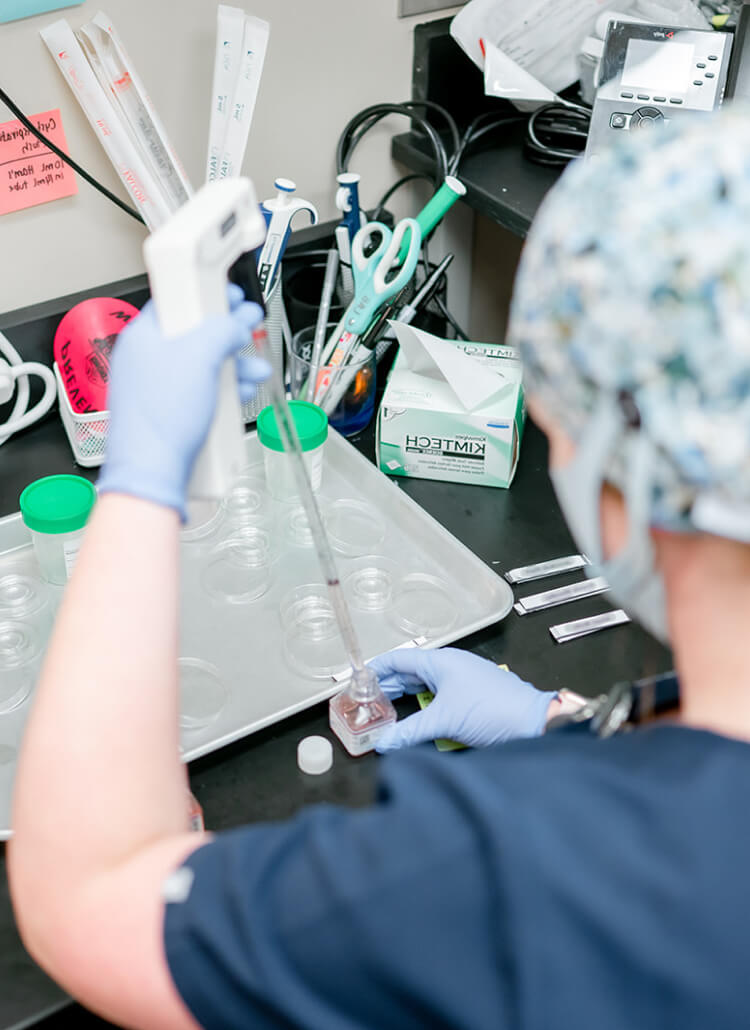What is ICSI?
Intracytoplasmic sperm injection (ICSI) is an assisted reproduction technique that involves injecting a single sperm directly into an egg during in vitro fertilization (IVF). This procedure was first developed in 1990 by Dr. Gianpiero Palermo at the Vrije University in Belgium, with the first successful human births happening in 1992. Since then, the process has become increasingly refined as medical advancements and technologies have continued to evolve and improve.



